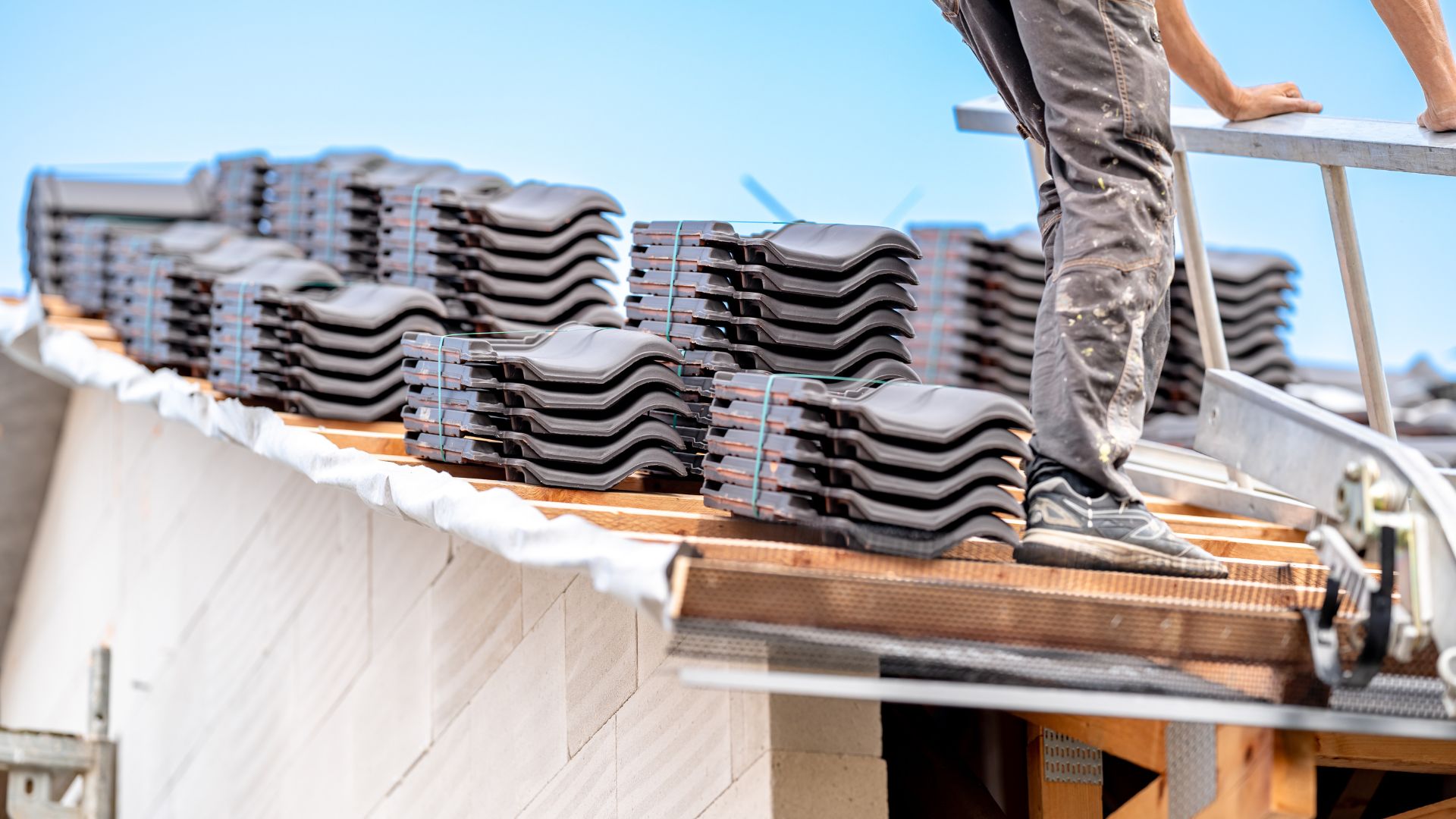What Makes a Shingle or Membrane Stronger?
When we think of durable and reliable roofs, we often focus on their appearance or how long they will last. However, behind the strength and longevity of a shingle or membrane, there is fascinating science that explains what makes these Roofing Materials stronger and better suited to protecting our homes and businesses. In this article, we explain in a simple and engaging way how the chemical and physical properties of roofing materials influence their performance.
Key Properties That Determine the Strength of Roofing Materials
- Tensile and Compressive Strength: These are terms that indicate how much a material can resist forces that try to stretch or crush it. For example, asphalt shingles combine fibers reinforced with bitumen to provide high tensile strength, preventing them from breaking under impact or excessive weight.
- UV and Extreme Weather Resistance: Constant exposure to sun, rain, snow, and wind can quickly deteriorate a weak roofing material. The most durable materials contain special additives that block harmful UV rays and maintain their structural integrity, even after years of exposure.
- Flexibility and Elasticity: A good roofing material must be flexible enough to adapt to movement and temperature changes without cracking or breaking. For example, EPDM membranes are highly elastic, making them ideal for roofs with structural movement or in areas with extreme temperatures.
- Chemical and Corrosion Resistance: Materials must resist corrosion caused by moisture, salt wind, or atmospheric pollutants. TPO membranes, for example, contain compounds that make them resistant to these agents, prolonging their lifespan.
Specific Benefits of Different Materials
- Asphalt Shingles: These are popular for their good strength-to-price ratio. Thanks to their reinforced fibers and UV-resistant coatings, they offer durability and protection against minor impacts.
- Metal Roofing: Their tensile strength, elasticity, and corrosion resistance make them ideal for harsh climates. Additionally, their heat-reflecting properties aid in energy efficiency.
- EPDM and TPO Membranes: These membranes are highly weather-resistant, flexible, and offer excellent chemical resistance. They are perfect for flat roofs and commercial applications where durability is key.
- Cedar Shingles: Although natural, their strength depends on a chemical treatment that prevents moisture and insects, increasing their longevity and resistance to deformation.
Why Does All This Matter?
Choosing materials with scientifically proven properties ensures that your roof is not only aesthetically appealing but also able to withstand the harsh weather and environmental conditions. Additionally, durable materials require less maintenance and have a longer lifespan, which translates into long-term savings.
At Roger Roofing Service, we combine our technical knowledge with innovation to offer you the best roofing solutions, using high-strength and sustainable materials. If you’d like to learn more about which material is best for your project, we’re here to help!
Ready to transform your space with a roof that combines science, durability, and beauty? Contact us and discover how we can make a difference in your home or business.
For more information and specialized services, visit our website: https://roger-roofing.com/


Comments are closed